Balance Board: Balance boards are wooden or plastic platforms that children can stand or sit on. Balancing on these boards helps improve core strength, stability, and coordination. They are great for sensory integration and body awareness.
Wooden Puzzle Game: Wooden puzzles come in various shapes, sizes, and difficulty levels. They encourage problem-solving and fine motor skills as children figure out how to fit the pieces together. Look for puzzles with large, chunky pieces for younger children.
When choosing Montessori toys for children in this age range, consider the following tips:
Safety: Ensure that the toys are made from non-toxic materials and have no small parts that could be a choking hazard.
Simplicity: Montessori toys are known for their simplicity and lack of electronic components. Choose toys that allow children to engage in open-ended play and exploration.
Natural Materials: Wooden toys are a popular choice in Montessori education due to their durability and sensory appeal. They are also more environmentally friendly.
Purposeful Play: Montessori toys should have a clear purpose, whether it’s developing fine motor skills, problem-solving, or fostering creativity.
Age-Appropriate: Make sure the toys are suitable for your child’s age and developmental stage. Montessori materials are often designed to grow with the child, providing increasing levels of challenge.
Independent Play: Montessori education encourages independence, so select toys that children can use on their own without constant adult intervention.
By choosing Montessori-inspired educational toys like these, you can support your child’s development and provide them with engaging, hands-on learning experiences during their early years.
Stacking and Nesting Toys: Stacking cups, wooden nesting dolls, or blocks are excellent for developing fine motor skills, hand-eye coordination, and spatial awareness. Children can also use them for creative play, building structures, or sorting by size or color.
Shape Sorters: Wooden shape sorter puzzles with various shapes and corresponding holes are fantastic for teaching shape recognition, problem-solving, and hand-eye coordination.
Sensorial Activities: Montessori emphasizes sensory exploration. Consider toys that engage multiple senses, such as textured balls, sensory bins with different materials like rice or sand, or toys with various textures to touch and explore.
Musical Instruments: Simple instruments like xylophones, shakers, or tambourines introduce children to the world of music and rhythm, fostering their auditory and tactile senses.
Art Supplies: Provide child-safe art supplies like crayons, washable markers, and large sheets of paper. Encourage your child to engage in open-ended art activities, which promote creativity and fine motor skills.
Nature Exploration: Take nature walks and collect items like leaves, rocks, and sticks. Create a nature exploration table where your child can investigate and categorize these items.
Practical Life Activities: Introduce your child to basic practical life skills, such as pouring water, using a child-sized broom, or spooning objects from one container to another. These activities promote independence and fine motor development.
Books: Include a variety of age-appropriate books in your child’s environment. Reading together is an essential part of Montessori education and helps with language development.
Outdoor Play: Provide outdoor opportunities for gross motor development. Simple activities like running, jumping, climbing, and playing with balls can be incorporated into your child’s daily routine.
Puzzles and Matching Games: As your child grows, you can introduce more complex puzzles and matching games to challenge their cognitive skills and memory.
Nature-Based Activities: Create nature-inspired activities, such as a sensory bin filled with natural materials like pinecones, acorns, and seashells. This encourages exploration and appreciation of the natural world.
Language Development: Use picture cards or flashcards with simple words and images to promote vocabulary development. Engage in conversations with your child, describing the world around them and encouraging them to express themselves.
Cooking and Food Preparation: Involve your child in age-appropriate food preparation tasks, such as washing vegetables or mixing ingredients for simple recipes. This helps them develop practical life skills and a sense of responsibility.
Water Play: Water tables or tubs with containers for pouring and scooping water provide sensory and fine motor experiences. You can add floating toys or objects for further exploration.
Gardening: If you have access to a garden, allow your child to participate in gardening activities. Planting seeds, watering plants, and observing growth can be highly educational and rewarding.
Role-Playing and Dress-Up: Provide costumes and props for imaginative play. Role-playing encourages creativity and social development as children engage in pretend scenarios.
Montessori-inspired Learning Trays: Create learning trays with activities that focus on specific skills, such as sorting colors, matching shapes, or counting objects. These trays can be rotated to keep learning fresh and engaging.
Sensory Playdough: Homemade playdough with natural ingredients or store-bought sensory playdough can be used for sculpting, shaping, and sensory exploration.
Fine Motor Tools: Introduce child-sized tweezers, tongs, and scoops to develop fine motor skills. You can use them for activities like transferring objects between containers or picking up small items.
Exploring Textures: Provide a variety of textured materials like fabric swatches, sandpaper, or velvet for tactile exploration. Encourage your child to touch and describe the textures they feel.
Outdoor Exploration: Spend time in natural settings like parks or beaches where your child can explore different environments, learn about plants and animals, and engage in physical activities.
Yoga and Mindfulness: Simple yoga poses and mindfulness exercises can help children develop body awareness, self-regulation, and a sense of calm.




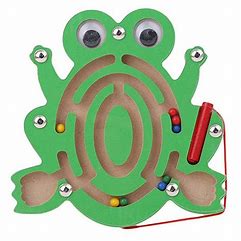
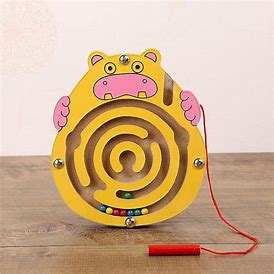
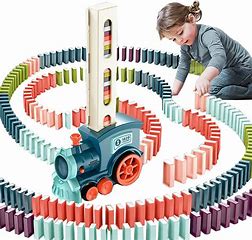
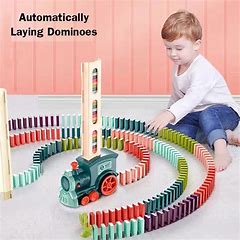
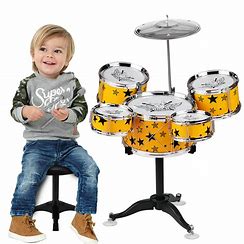
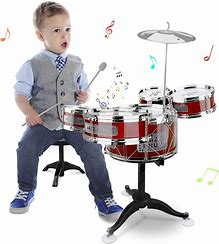
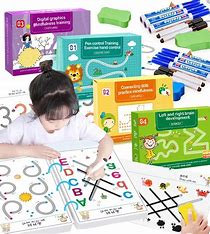
Reviews
There are no reviews yet.